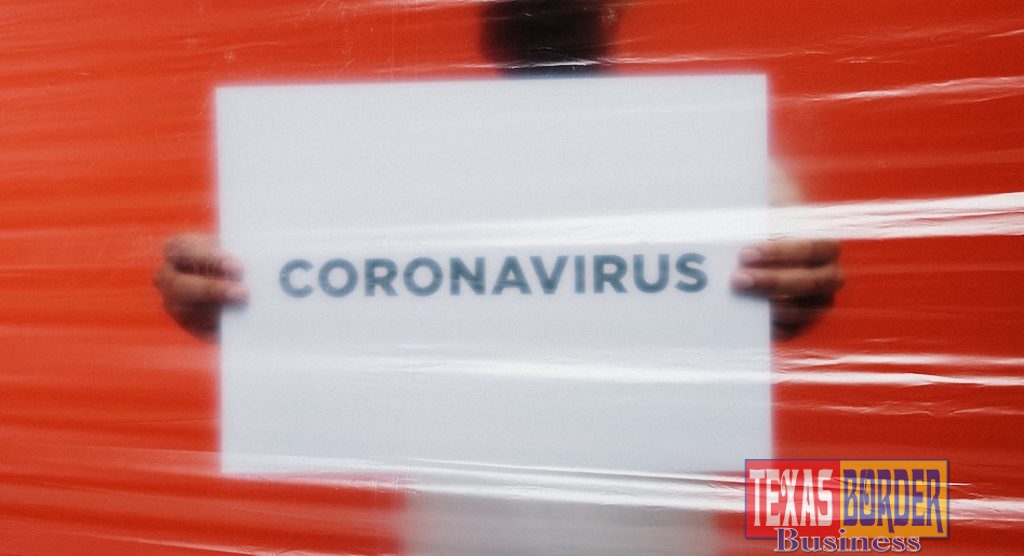
Texas Border Business
On March 13, 2020, President Donald J. Trump declared the outbreak of COVID-19 (the coronavirus) in the United States to be a national emergency. Unfortunately, criminals and scammers are trying to take advantage of the crisis for their own profit. The U.S. Attorney’s Office for the Southern District of Texas through its United States Attorney, Ryan Patrick, has made it a top priority to detect, investigate, and prosecute anyone who attempts to exploit the anxiety and uncertainty surrounding the COVID-19 outbreak to defraud other people.
For example, there are reports of fraudsters falsely claiming to be from legitimate health organizations, selling fake medicines, vaccines, tests, medical supplies, and using phishing scams to steal personal and financial information. Please don’t fall victim to these frauds and crimes. If you see these frauds being attempted or if you are a victim of one of these frauds, please report them to:
National Center for Disaster Fraud (NCDF)
Telephone hotline:1-866-720-5721
Email address:disaster@leo.gov
Federal Bureau of Investigation (FBI):
Submit a complaint online at https://tips.fbi.gov/
For cyber or internet-related scams, submit your complaint at https://www.ic3.gov/default.aspx
Telephone:713-693-5000,
Southern District of Texas COVID-19 Fraud Coordinator, Assistant U.S. Attorney Justin R. Martin
Telephone:713-567-9000
Email:USATXS.Covid19@usdoj.gov
Please be on the lookout for any of these COVID-19 scams:
- Treatment scams: Scammers are selling fake vaccines, medicines, and cures for COVID-19.
- Supply scams: Scammers are claiming they have in-demand products, like cleaning, household, health, and medical supplies, but when an order is placed, the scammer takes the money and never delivers the order.
- Charity scams: Scammers are fraudulently soliciting donations for non-existent charities to help people affected by the COVID-19 crisis. Scammers often use names that are similar to the names of real charities. The FTC offers tips for avoiding charity scams: https://www.consumer.ftc.gov/features/how-donate-wisely-and-avoid-charity-scams
- Phishing scams: Scammers, posing as national and global health authorities, such as the World Health Organization (WHO) and the Centers for Disease Control and Prevention (CDC), are sending fake emails or texts to trick the recipient into sharing their personal information like account numbers, Social Security numbers, or login IDs and passwords. The FTC offers tips for avoiding phishing scams: https://www.consumer.ftc.gov/articles/how-recognize-and-avoid-phishing-scams
- App scams: Scammers are creating COVID-19 related apps that contain malware designed to steal the user’s personal information after it is downloaded.
- Provider scams: Scammers pretending to be doctors and hospitals that have treated a friend or relative for COVID-19, and demand payment for that treatment.
- Investment scams: Scammers are promoting the stock of small companies, which have limited publicly available information, using false or misleading claims that the companies’ stock will increase dramatically due to the COVID-19 outbreak, such as claims that a company can prevent, detect, or cure COVID-19.
For the most up to date information on the COVID-19 outbreak and the federal response, check https://www.cdc.gov/coronavirus/2019-ncov/index.html











